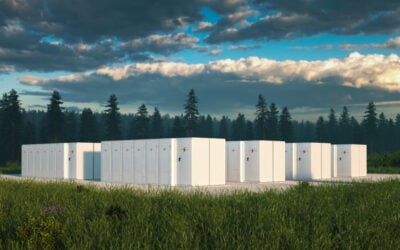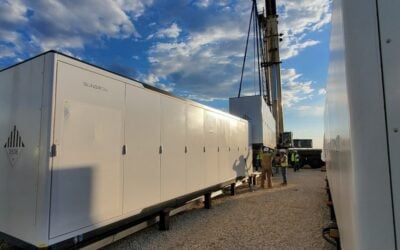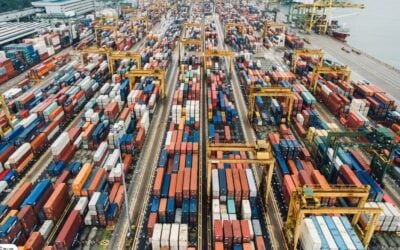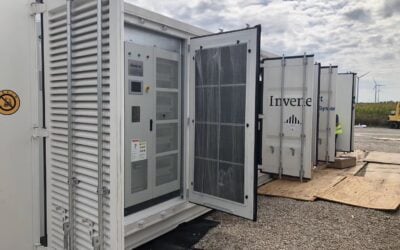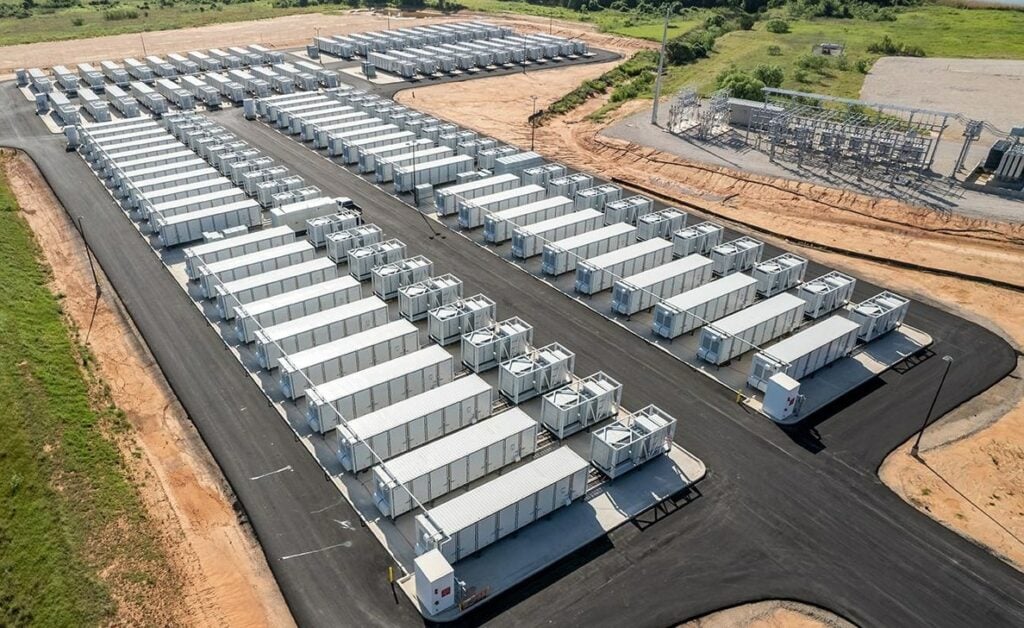
The new tariffs on batteries from China will increase costs for US BESS integrators by 11-16%, consultancy Clean Energy Associates said, adding that new guidance around the domestic content ITC adder will make it easier to access.
The increase in tariffs for lithium-ion batteries from China from 7% to 25% was announced last week (14 May), effective this year for EV batteries and from 2026 for non-EV batteries, including battery energy storage system (BESS). Industry reaction to the move has been mixed, as we reported this week (Premium access).
Enjoy 12 months of exclusive analysis
- Regular insight and analysis of the industry’s biggest developments
- In-depth interviews with the industry’s leading figures
- Annual digital subscription to the PV Tech Power journal
- Discounts on Solar Media’s portfolio of events, in-person and virtual
Or continue reading this article for free
With a separate, general tariff of 3.4% on Chinese lithium-ion batteries, the effective tariff on lithium-ion battery imports will rise from 10.9% to 28.4%, Clean Energy Associates (CEA) said in a note this week.
The tariff increase will raise the costs for US system integrators using China’s batteries by 11-16%. Cost increases will be higher for those who add less value in the US. An example would be those who procure containers or racks from China versus just the cells or modules.
While the cost increase may affect some projects with marginal returns, CEA expects the overall demand contract due to the new tariffs to be ‘limited’. The move comes after a period of sustained price falls for BESS and battery cells from China, and globally, which Energy-Storage.news heard have made more marginal projects economically feasible (Premium access).
New domestic content guidance
The note by CEA also commented on new guidance from the US Treasury around the domestic content adder to the investment tax credit (ITC) for clean energy generation and energy storage projects. The ITC can be seen as the ‘carrot’ to deploy BESS projects using locally produced technologies while the tariffs on imports from China are the ‘stick’.
One big complaint Energy-Storage.news sources had with the previous proposal (Premium access) was that its thresholds for the percentage of locally produced equipment, in order to qualify, would need to be calculated using manufacturer’s own figures on costs.
This would effectively mean revealing the margin that BESS manufacturers and system integrators make on their products, our sources said, and CEA added that project owners have struggled to obtain that cost information.
A new optional method for measuring the portion of domestic content in products includes an exhaustive table of ‘Manufactured Products’ and ‘Manufactured Product Components’ as well as relative values for each of these ‘Manufactured Product Components’ and their production labour.
This can be used in place of detailed cost accounting from manufacturers, but the two approaches cannot be combined.
CEA said that the new method allows project owners to access the bonus without cost information from their suppliers, making the bonus easier to access.
The consultancy also commented on what the latest US tariffs and domestic content guidance on solar technology mean for the industry, covered by our colleagues at PV Tech in an article this week.

